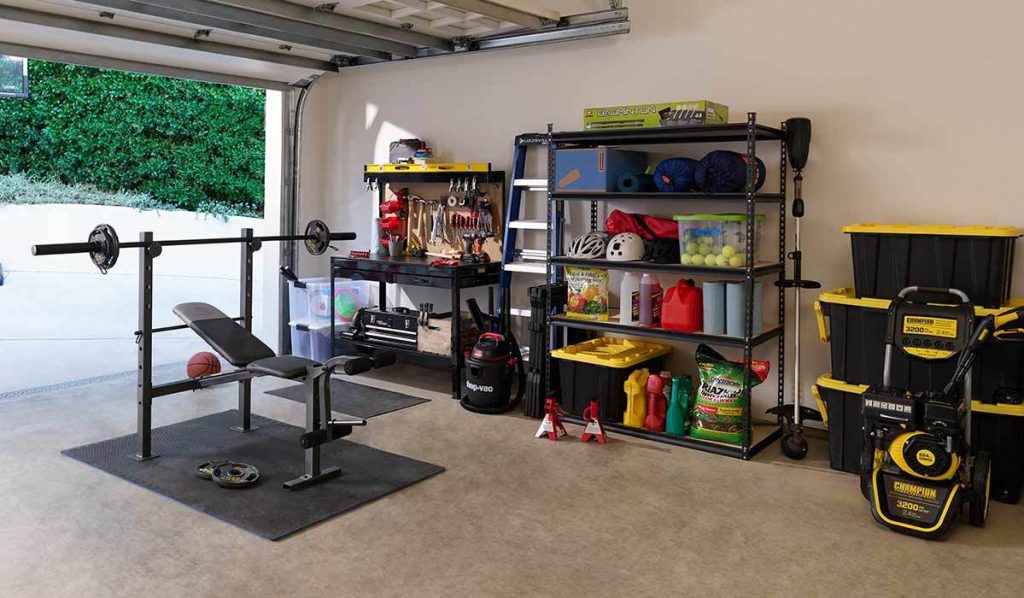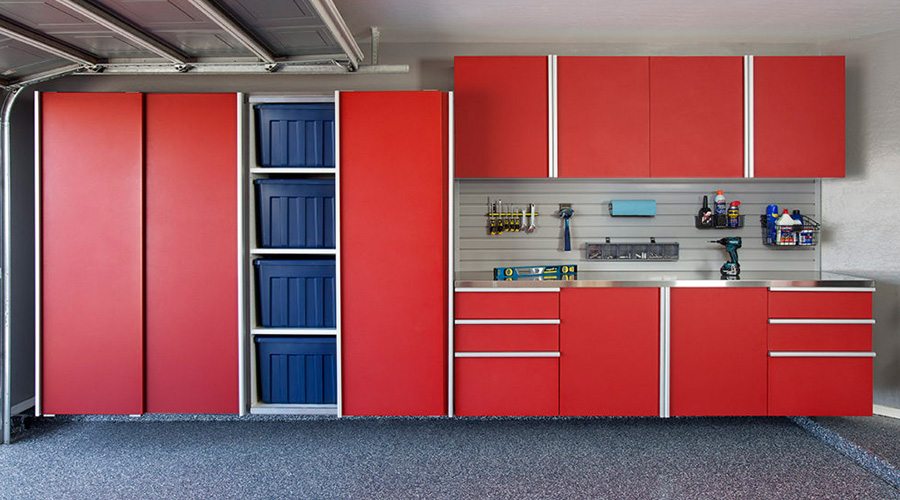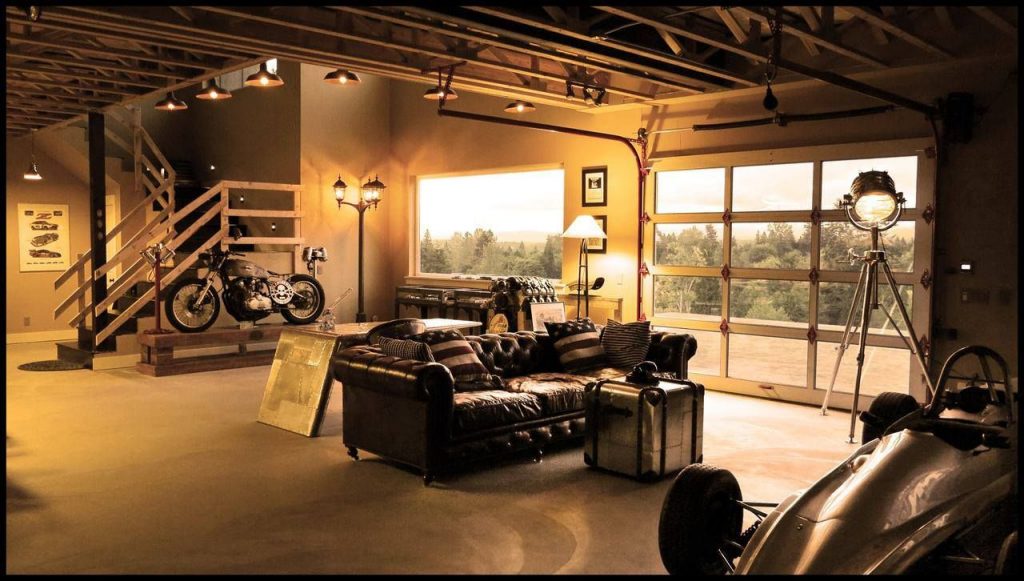Set aside enough time to work on the project
Don’t tackle it by yourself
Hire an expert, or round up a team of helpers. Otherwise, it may turn into an overwhelming task that will be abandoned halfway through. Tip: Be sure you have a plan for directing your helpers through the process from start to finish.
Categorize the items in your garage

Typical categories include recycling, sports and recreational equipment, camping gear, automotive, seasonal decor, garden gear and tools. Evaluate things like luggage and paint and see whether you can store them elsewhere. Tip: It’s much easier to tackle a garage after you’ve organized the rest of the house. Once you determine the purpose of your interior storage, many garage items can be relocated.
Group the garage’s contents
Once you know the categories of the items that will live in your garage, begin grouping them into the categories in the driveway or the center of the garage. A few cardboard boxes will help you to group, because everything from huge paint cans to nuts and bolts will eventually need to be contained. Be sure to label the boxes. Tip: Don’t buy containers, bins, baskets and boxes to organize your items just yet. A big mistake is buying containers now and later discovering you don’t have the correct sizes or sturdiness.
Trash or donate items that don’t fit the categories
Sometimes, random parts or items are discovered in the garage and you don’t know what to do with them. If you want to keep them, assign them to the most similar category or put them in a visible place so you remember that you have them. Otherwise, start your donation and trash piles now.
Determine the best garage layout 
Decide where you want each type of item to live, considering its frequency of use and the available space. For instance, recycling should live near the entrance to the home, and tools should live near the workbench. Tip: Think about “valuable real estate” when considering available space. Parking space and shelves at eye level or within reach are “valuable real estate.” Less valuable real estate would be very high or low shelves and should be reserved for less frequently used items.
Install built-in cabinets or modular storage if needed

Now that you know what you’re keeping and how much space you have, determine what containers to use. Make the most of vertical space with wall-mounted pegboards and wire grids that hold everything from sports equipment to garden tools. Also take advantage of overhead space with sturdy shelves that mount to the ceiling.
Relocate items to their new homes within the garage
Set an organizing schedule
Get your quarterly or biannual garage maintenance on your calendar. If it doesn’t make it onto your calendar, it’s less likely to happen. And remember to put things away promptly after using them.

